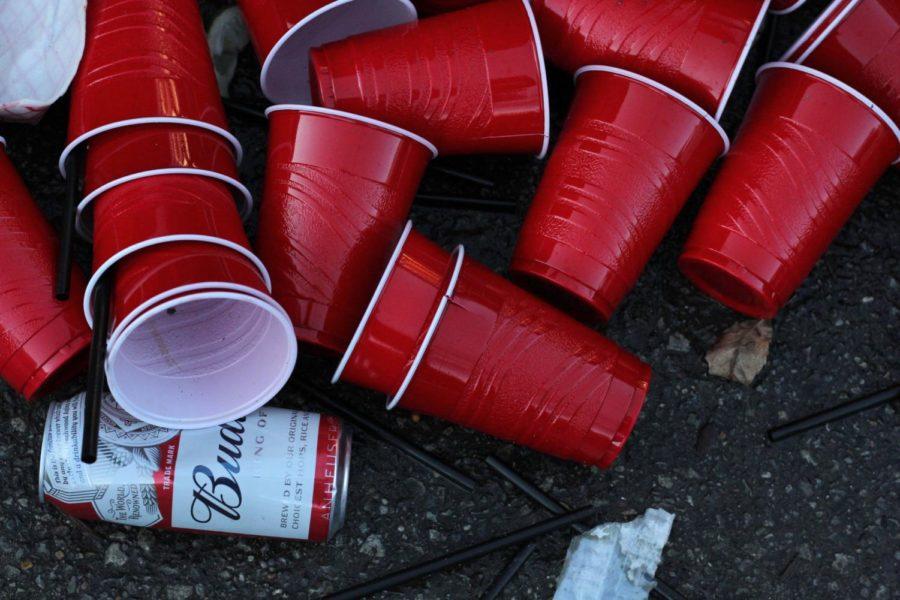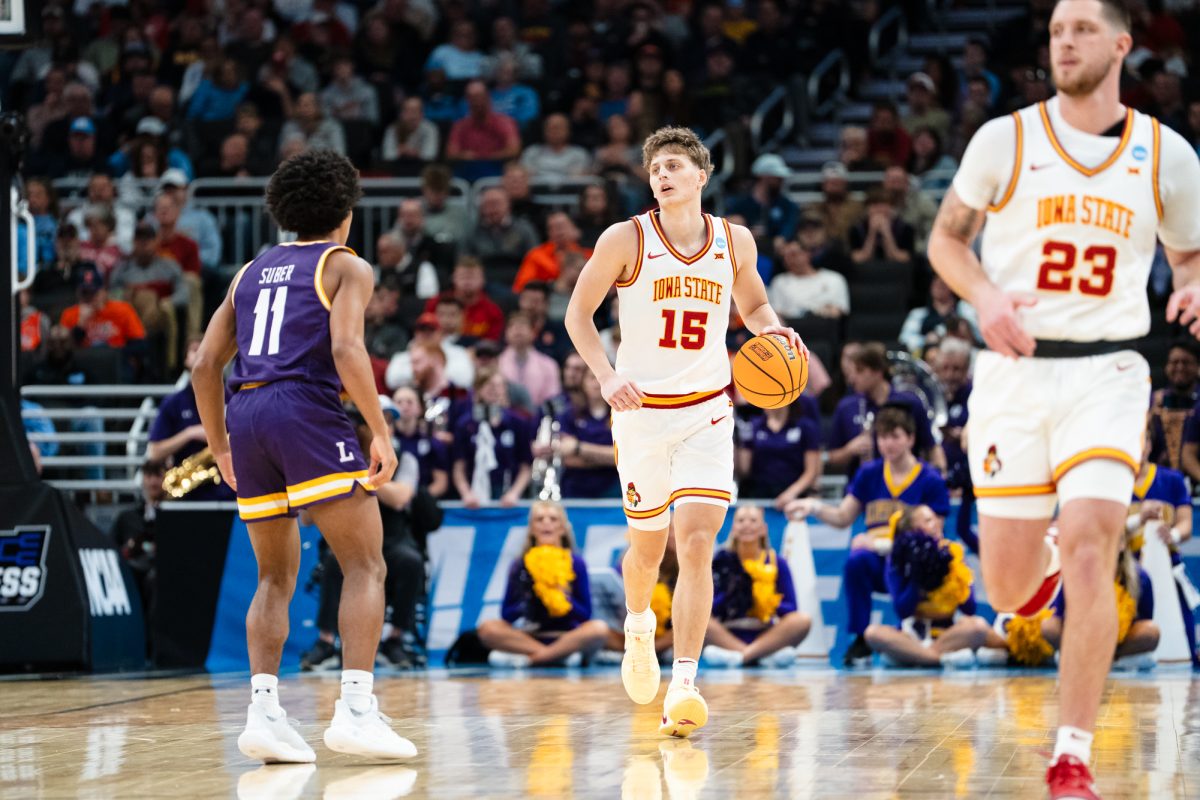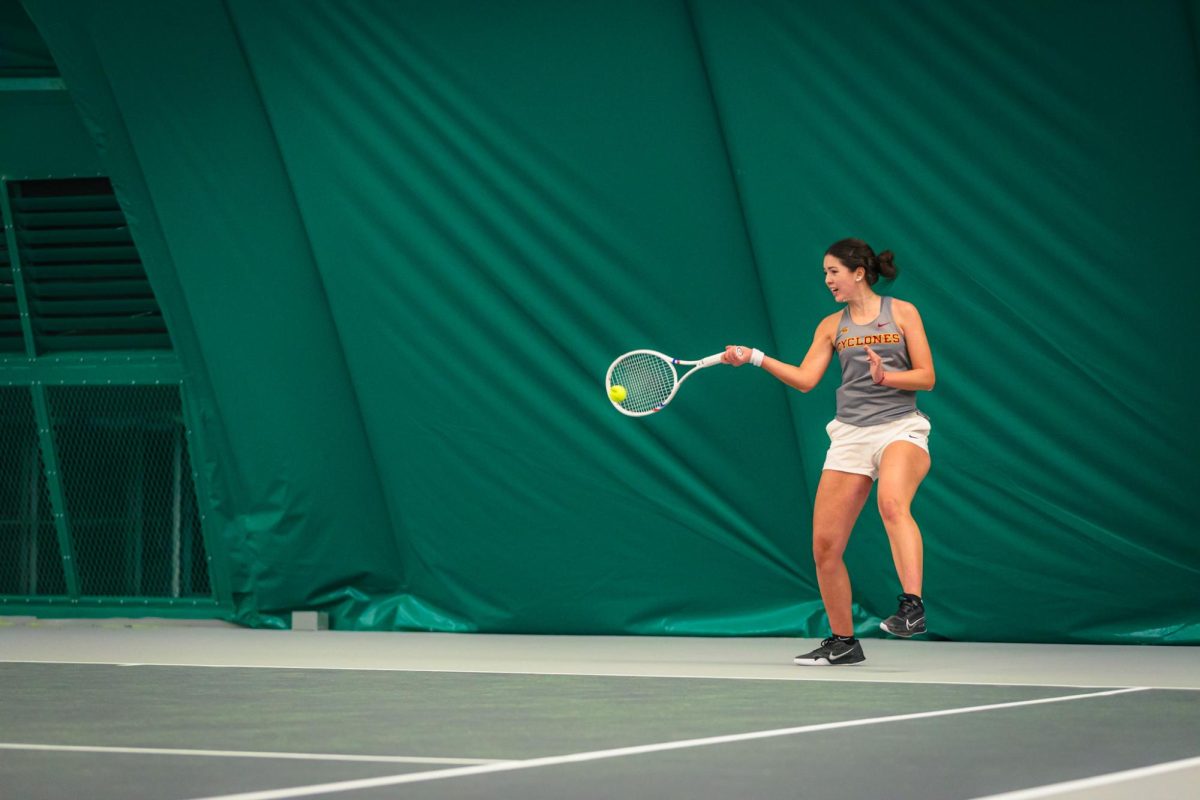Petzold: Downsides of drinking
January 16, 2018
College has been stereotyped as a place where every student finds their way to drinking. While this stereotype isn’t completely false, not all students handle their sudden excess in freedom the same way. There are some students who don’t join the crowd of students who drink on a weekly basis. But it is naïve to think that students don’t have the opportunity to drink and a good portion of students experiment with alcohol while being in college.
There is a line between drinking to test boundaries and drinking excessively to the point of losing conciseness on a consistent basis. The New York Times states that 1,800 students die every year due to alcohol-related causes, while another 600,000 are injured while drunk. The same article also mentions that the rate of binge-drinking has “hovered above 40 percent in two decades”. These statistics make binge-drinking seem to be a bigger problem than thought.
The NIAAA defines binge drinking as “a pattern of drinking that brings blood alcohol concentration (BAC) levels to 0.08 g/dL. This typically occurs after 4 drinks for women and 5 drinks for men-in about two hours.”
In a college party setting, it can be easy to exceed this amount of alcohol consumed in that short amount of time.
An article from healthline.com states that “Memory loss, or a blackout, is thought to occur when your blood alcohol content reaches 14 percent or higher…During that time, you may experience difficulty walking, talking, standing, impaired judgement and vision.” The article continues to talk about the complications that could occur when blacking out occurs consistently. It states that “momentary “slips” in memory (could lead to) permanent, debilitation conditions…regular damage to the frontal lobe can impair your behavior and personality how you perform tasks, and how you keep information. It’s thought that binge drinking can impair this part of your brain.”
The graph to the left is a run down of the criminal activity at Iowa State from the years 2014 to 2016. Drinking and drugs are seen to hold a huge number of arrests. This graph was posted for a 2017 Annual Security and Fire Safety Report.
With all of the statistics mentioned above, it can be worry-some to think of students allowing themselves to drink excessively in a short amount of time. As much as I believe in experimenting in college, I also believe in doing things in moderation and being sure to listen to your body. Don’t let the cops ruin your perfect record over a stupid night of experimenting. Make sure if you are going to experiment, understand your limits and keep safe.







